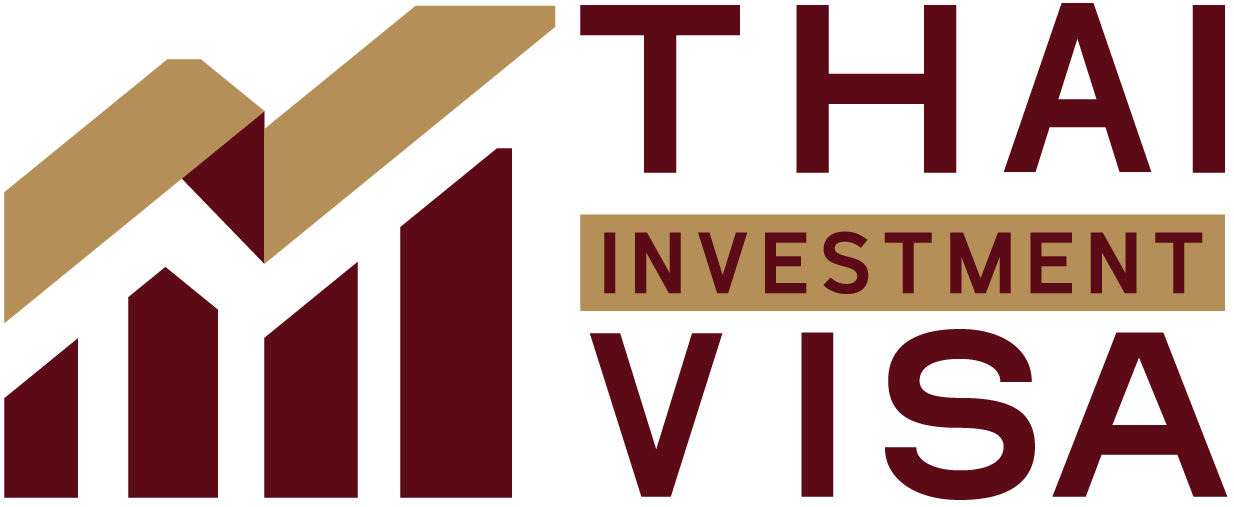How to Navigate Debt Collection in Thailand: A 2025 Guide
Recovering outstanding debts in Thailand requires both legal knowledge and sensitivity. The country’s debt-collection framework emphasizes fairness, transparency, and protection for all parties. Whether you’re a business pursuing overdue payments or an individual facing collection, understanding Thai debt-collection law is essential to staying compliant and avoiding costly mistakes.
Understanding Thailand’s Legal Framework
The Debt Collection Act, B.E. 2558 (2015)
The Debt Collection Act was enacted to eliminate unethical recovery practices and establish clear boundaries between creditors and debtors. Under this law, debt collectors must not:
- Use threats, violence, or intimidation.
- Contact unrelated third parties except to locate the debtor.
- Misrepresent themselves as lawyers, officials, or government agents.
- Disclose private debt information publicly.
Violations can result in fines or imprisonment, reinforcing that debt recovery in Thailand must remain lawful and respectful.
📘 Reference: Debt Collection Act B.E. 2558 (2015) – Ministry of Justice, Thailand
Consumer Protection Act B.E. 2522 (1979)
This Act complements the Debt Collection Act by protecting consumers from unfair treatment. It empowers the Office of the Consumer Protection Board (OCPB) to receive complaints and penalize collectors engaging in harassment or misrepresentation.
Debt Collection Procedures in Thailand
1. Pre-Litigation Stage
Before going to court, creditors typically pursue resolution through:
- Negotiation – direct discussion with the debtor.
- Demand letters – formal written notice outlining the owed amount and a payment deadline.
- Mediation – voluntary settlement under court or private mediation centers.
Most disputes resolve at this stage if handled professionally and with documentation.
2. Litigation Stage
If negotiation fails, creditors may file a lawsuit at the Court of First Instance. The judge examines contracts, payment records, and correspondence before issuing a judgment. Either party can appeal to the Court of Appeal and subsequently the Supreme Court.
3. Enforcement Stage
Once judgment is granted, creditors can seek legal enforcement through the Legal Execution Department (LED), including:
- Asset seizure or sale
- Wage garnishment
- Freezing of bank accounts
The LED ensures that enforcement respects due process and the debtor’s legal rights.
Ethical Debt-Collection Practices
In Thailand, ethical conduct is as important as legal compliance. Professional collectors should:
- Communicate politely and transparently.
- Provide clear documentation of the debt.
- Maintain confidentiality of personal data.
- Avoid contacting during inappropriate hours (e.g., before 8 a.m. or after 8 p.m.).
Upholding these principles protects reputations and reduces the likelihood of regulatory action or counterclaims.
Government Debt-Relief Initiatives (2025 Update)
The Thai government continues to introduce household-debt relief measures to stabilize the economy:
- “You Fight, We Help” Program – offers debt restructuring and reduced interest.
- Debt Haircut Scheme – allows partial settlement for qualifying borrowers.
- Soft Loan and SME Support Programs – provide low-interest financing to repay or consolidate debts.
These initiatives are managed by agencies such as the Bank of Thailand and the Ministry of Finance, helping debtors recover financial stability while honoring obligations.
Frequently Asked Questions
1. What is the Debt Collection Act in Thailand?
It’s the 2015 law regulating all debt-recovery activity to ensure fair, non-abusive conduct between creditors and debtors.
2. How can I initiate debt collection?
Begin with a formal demand letter. If unpaid, proceed to mediation or file a lawsuit in the civil court.
3. What is the legal interest rate?
The general maximum legal interest rate is 15 % per year (per Civil and Commercial Code Section 654), unless otherwise agreed for commercial transactions.
4. Can debts be collected from companies?
Yes, though the Act primarily protects individuals. Corporate debt recovery follows commercial litigation procedures under the Civil Procedure Code.
5. What if the debtor refuses to pay?
Consult a qualified Thai debt-collection lawyer to evaluate litigation and enforcement options.
Best Practices for Businesses
- Keep comprehensive records – signed contracts, invoices, and payment logs.
- Act promptly – Thailand’s statute of limitations for most debt claims is 10 years (shorter for certain contracts).
- Engage licensed professionals – unlicensed collection agencies can incur criminal penalties.
- Use mediation early – courts view negotiation favorably and may reduce litigation time.
Final Thoughts
Navigating debt collection in Thailand demands a balance of persistence and professionalism. Staying aligned with Thai law, demonstrating respect, and documenting every step can secure recovery while protecting your reputation and legal standing.
If you require assistance with debt recovery, negotiation, or legal enforcement, contact our partner legal team at thaiinvestmentvisa.com for expert guidance.
References
- Debt Collection Act B.E. 2558 (2015) – Ministry of Justice, Thailand
- Consumer Protection Act B.E. 2522 (1979) – Office of the Consumer Protection Board (OCPB)
- Legal Execution Department – Debt Enforcement Procedures
- Bank of Thailand – Household Debt Relief Measures 2025
- Siam Legal International – Debt Collection in Thailand Overview
- Belaws Thailand – Debt Repayment and Restructuring Programs






.jpg)










